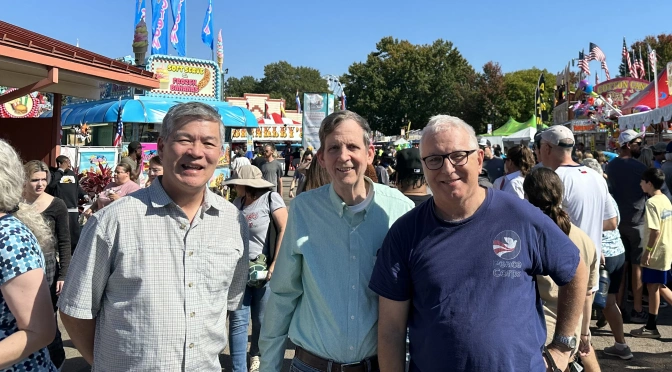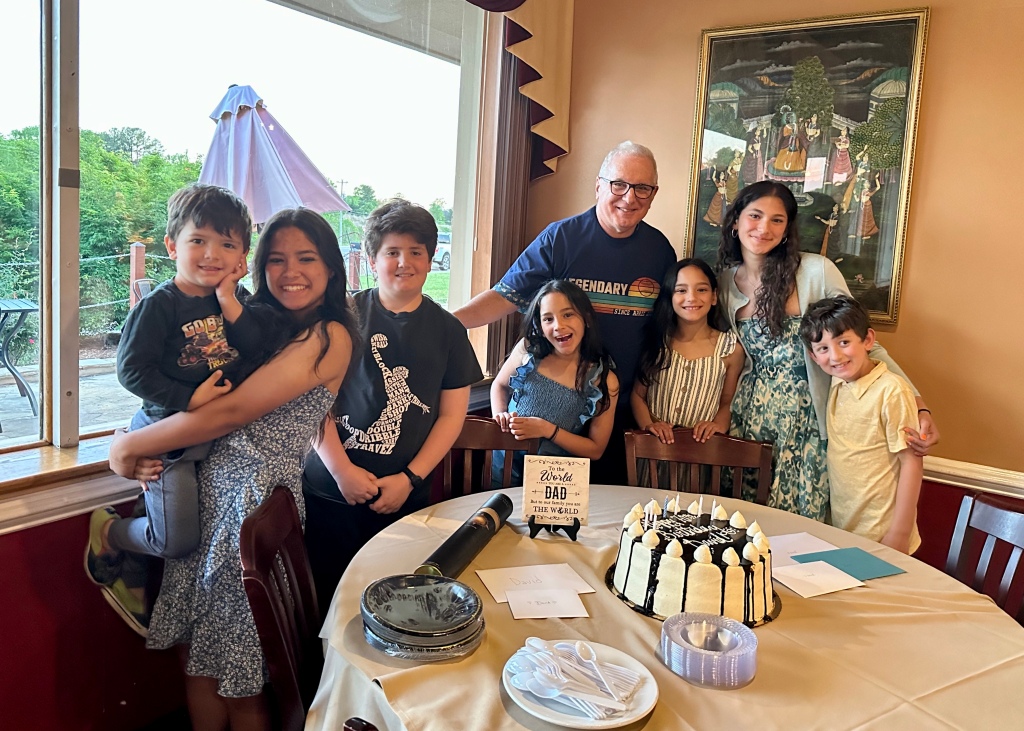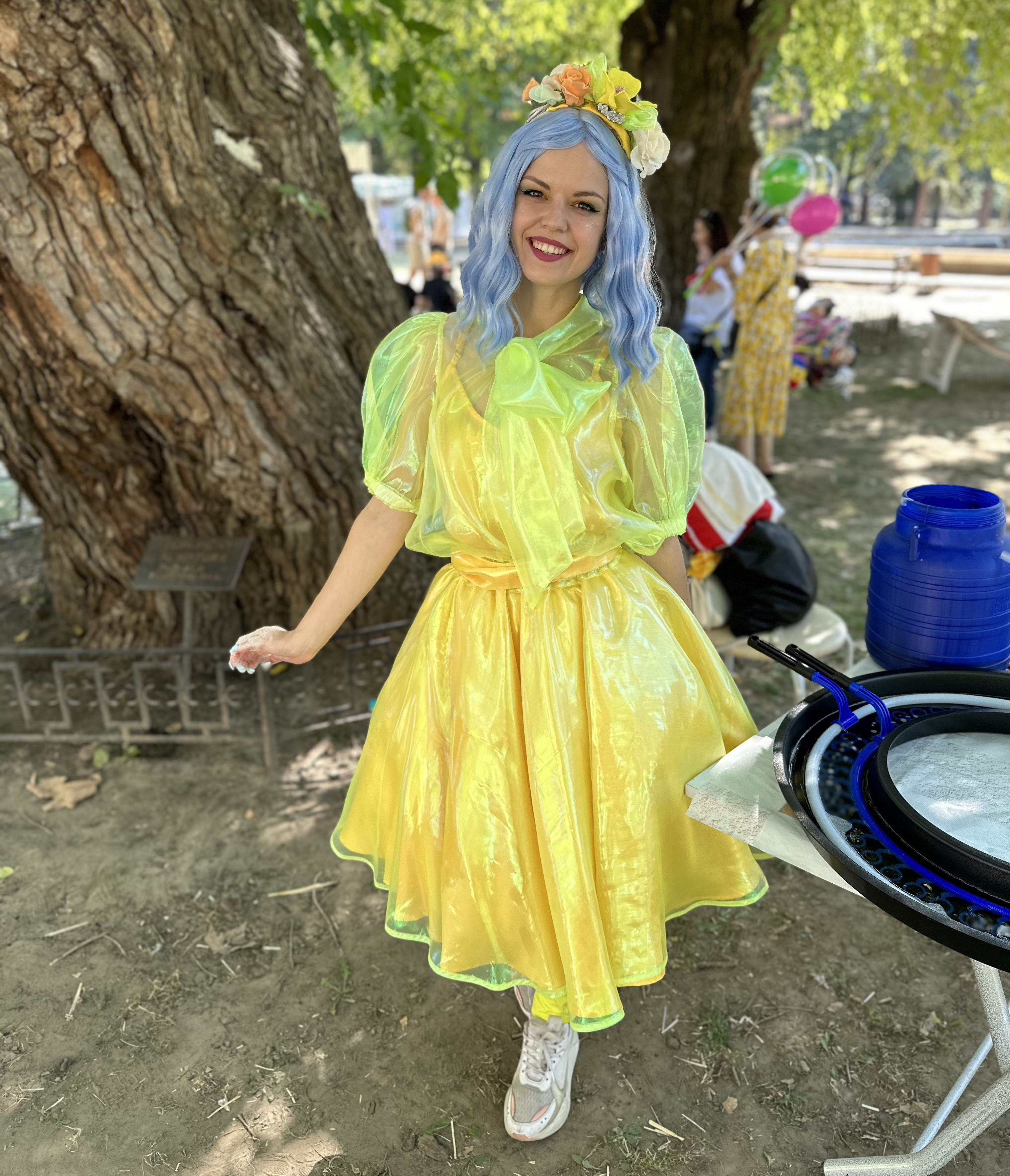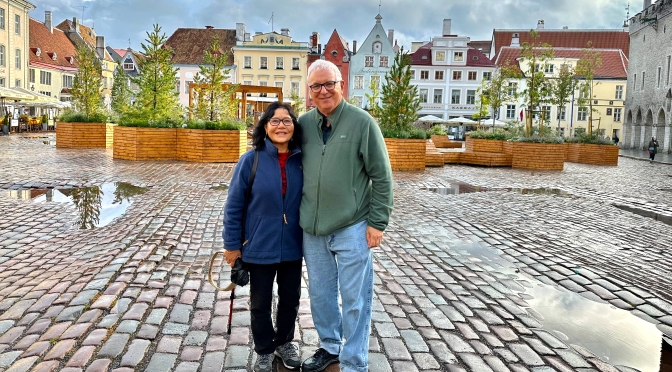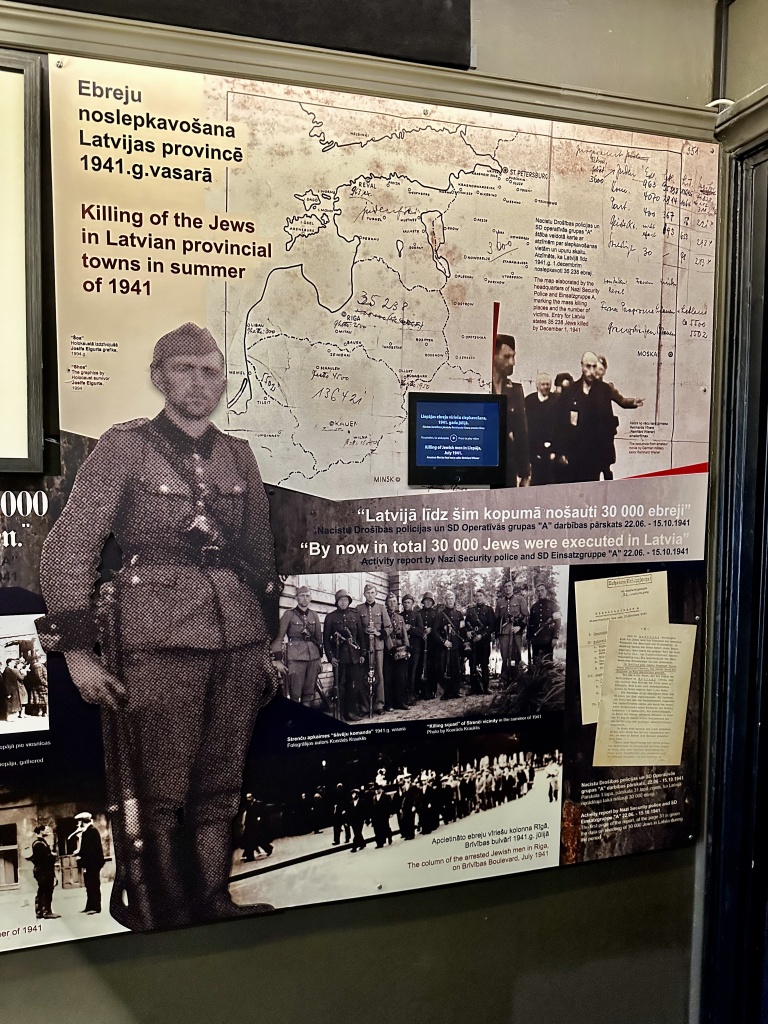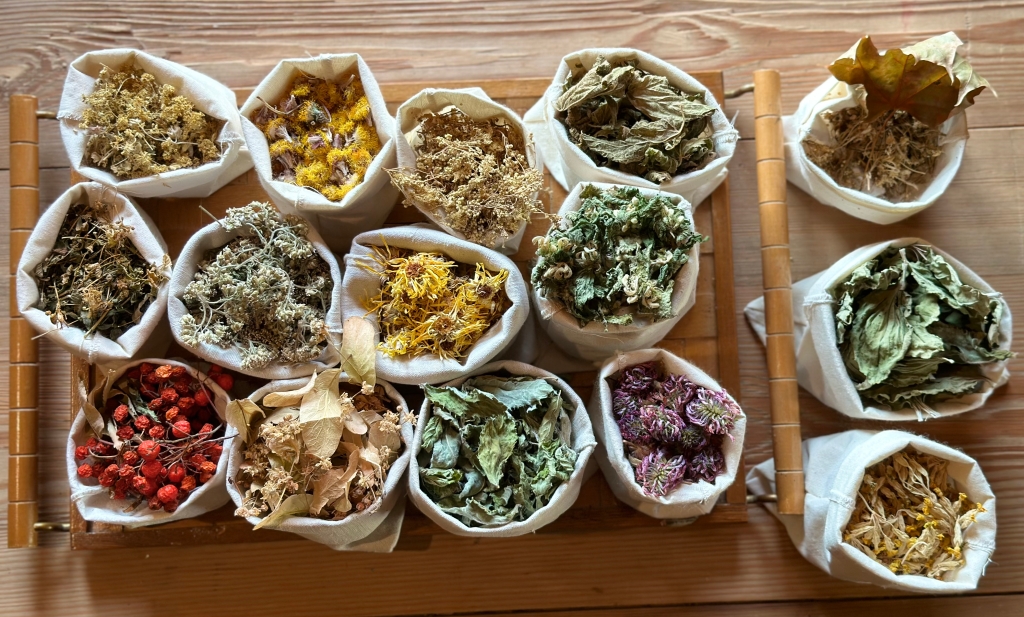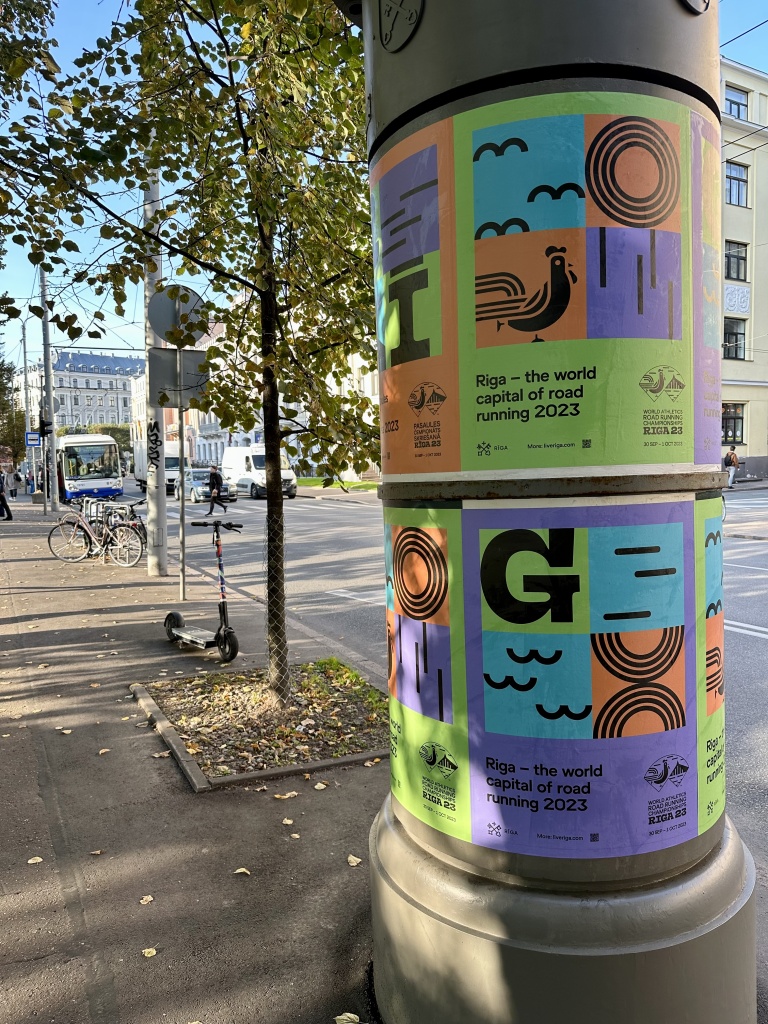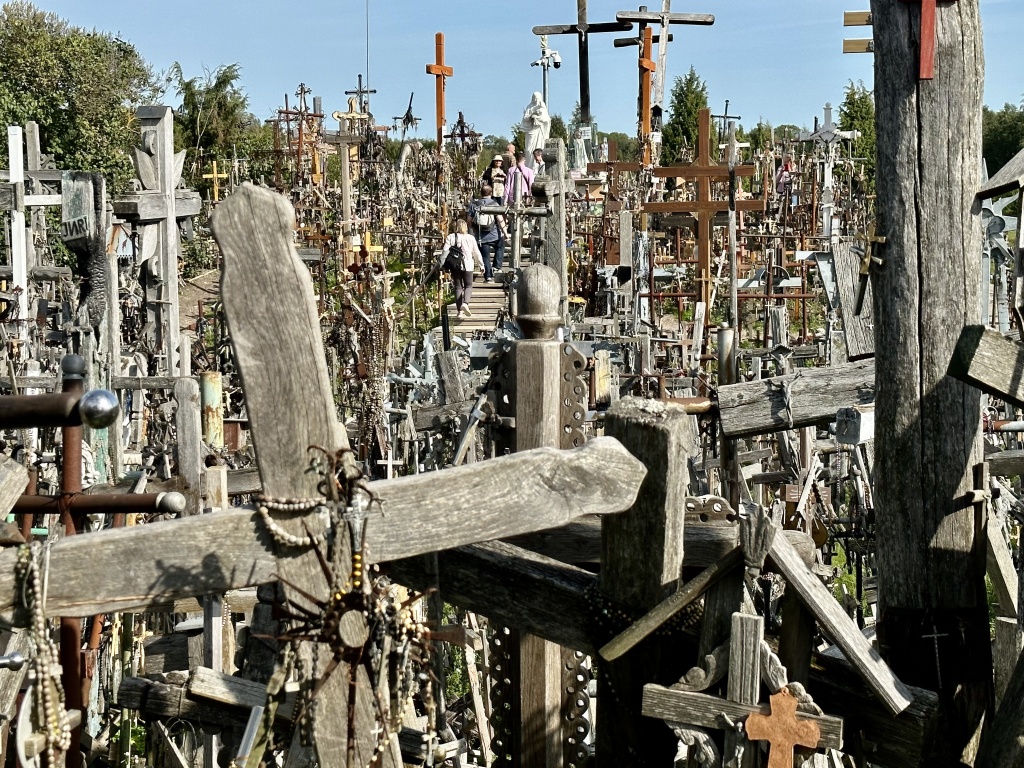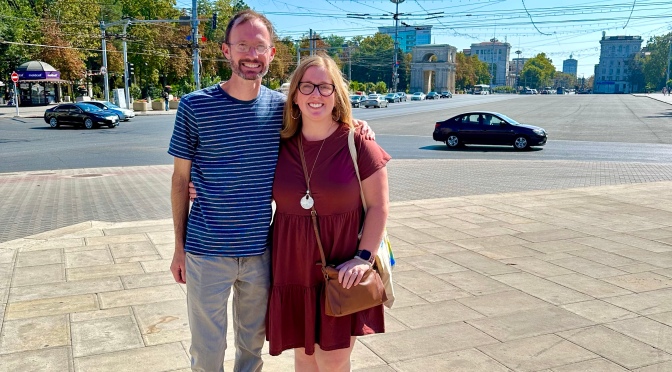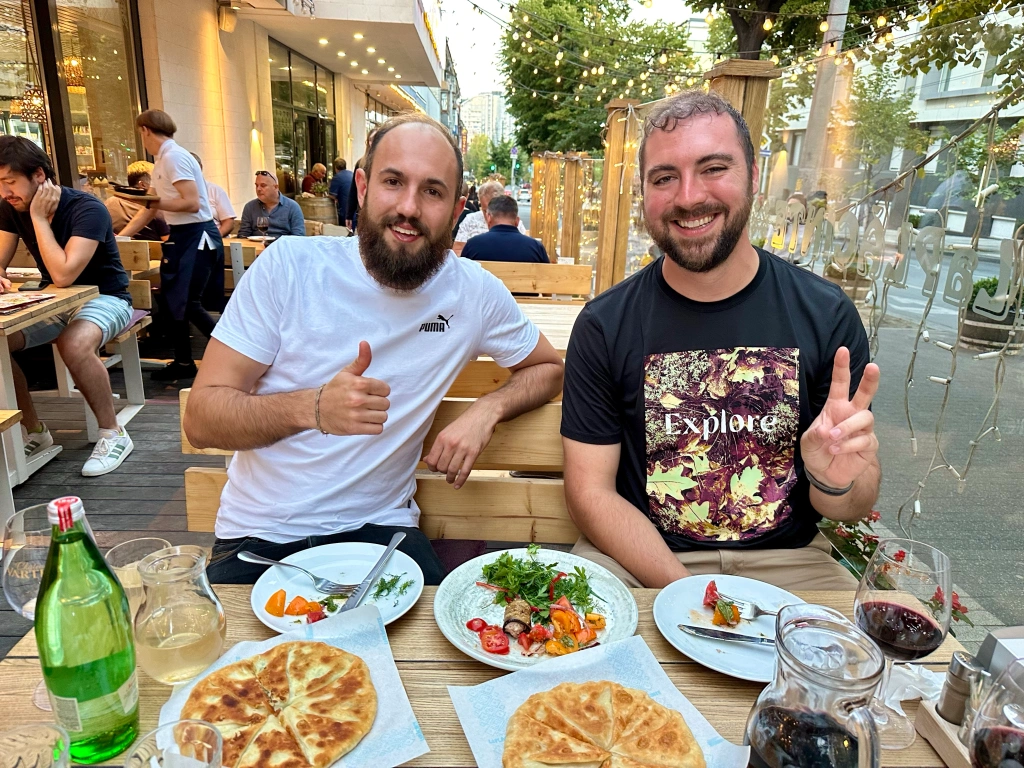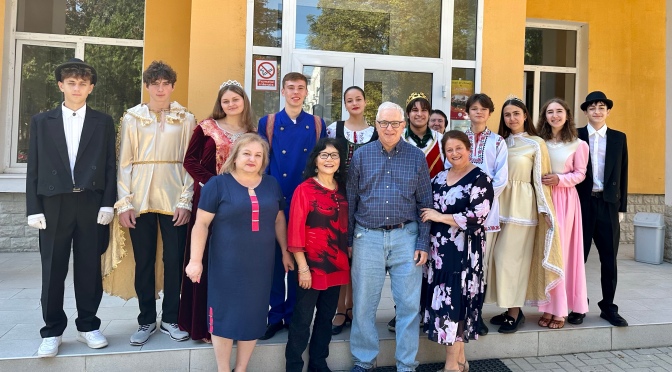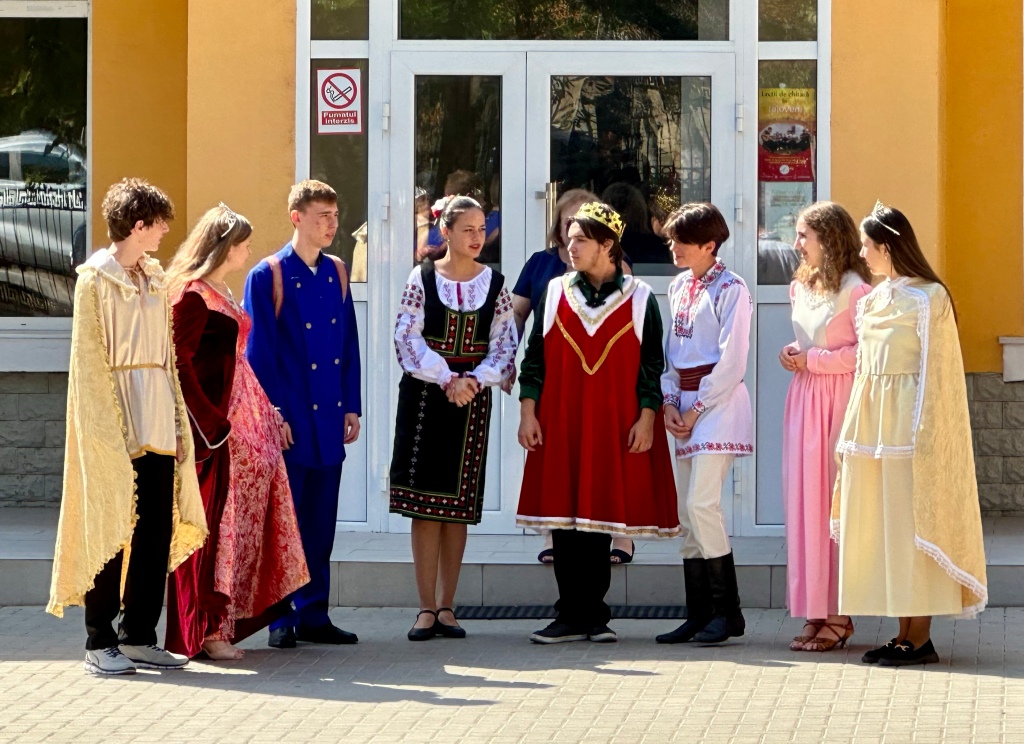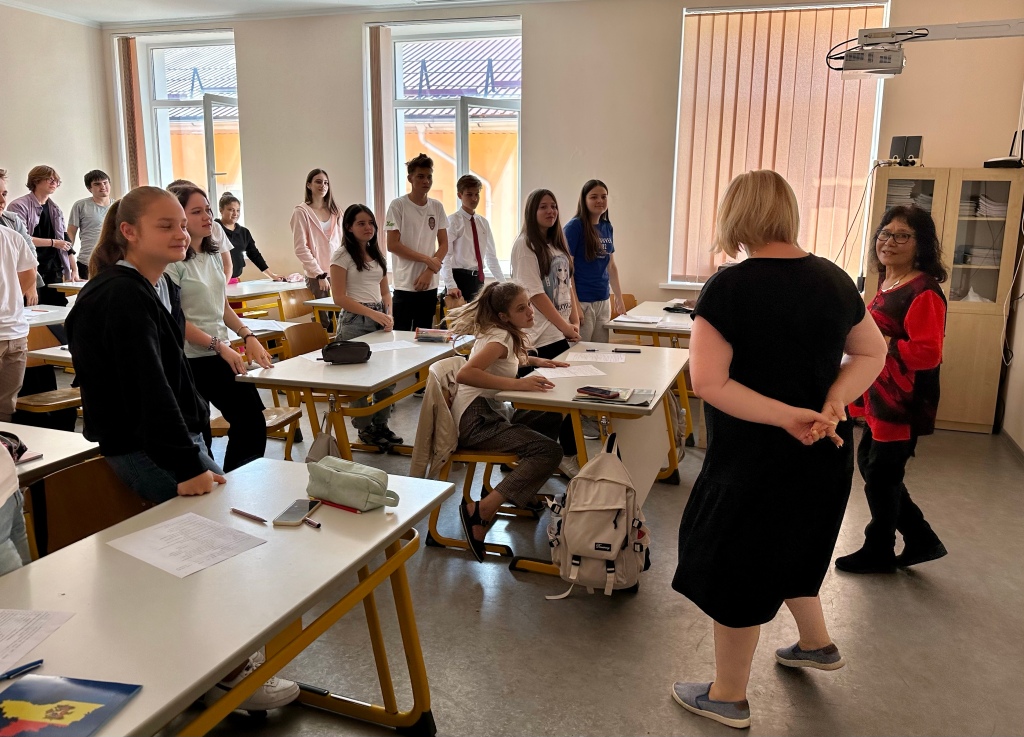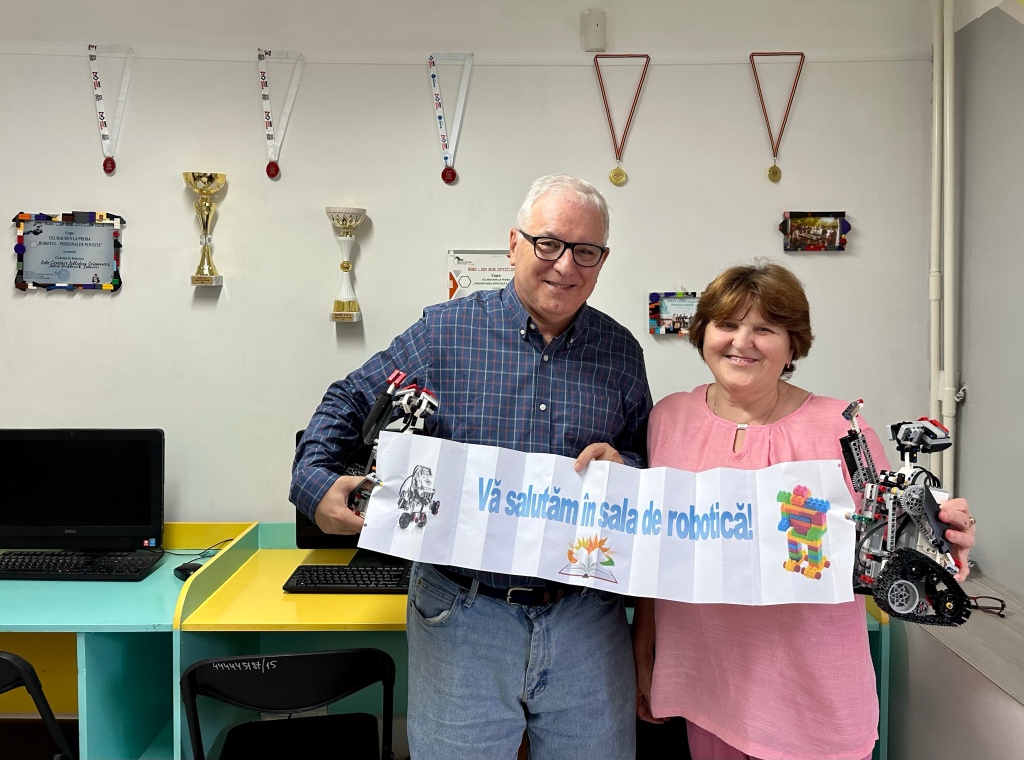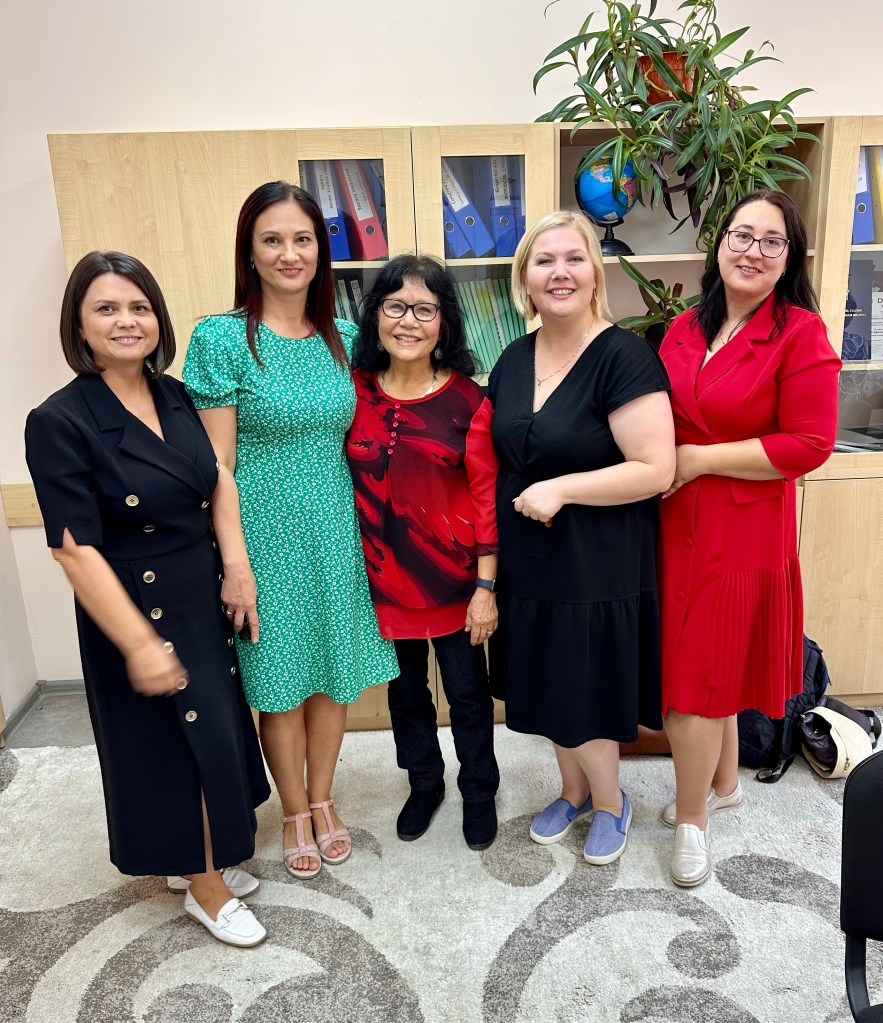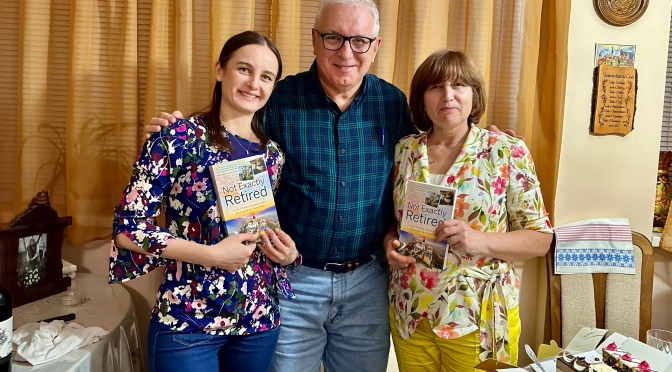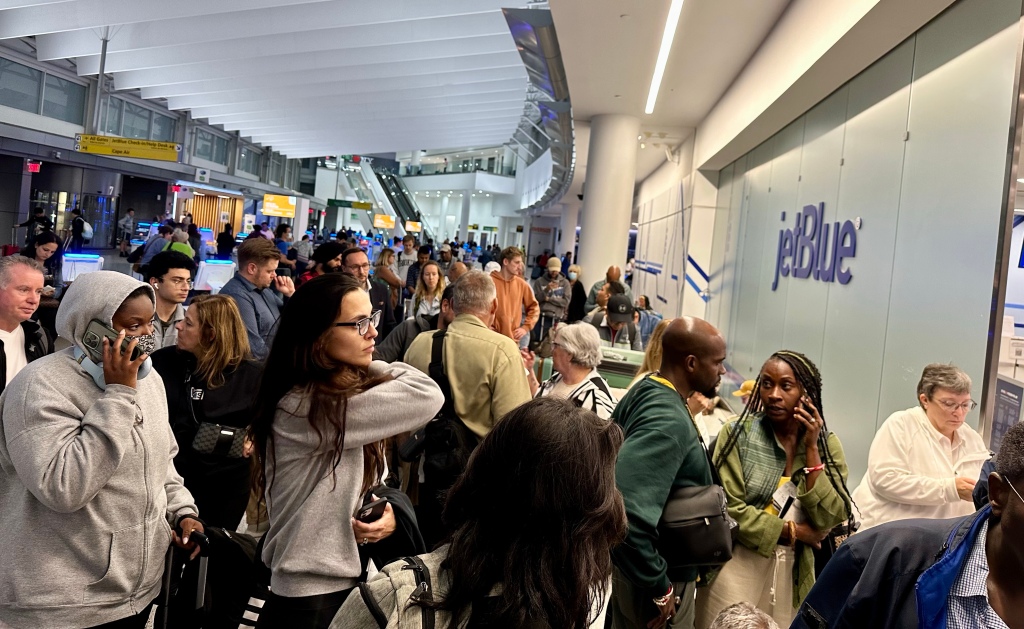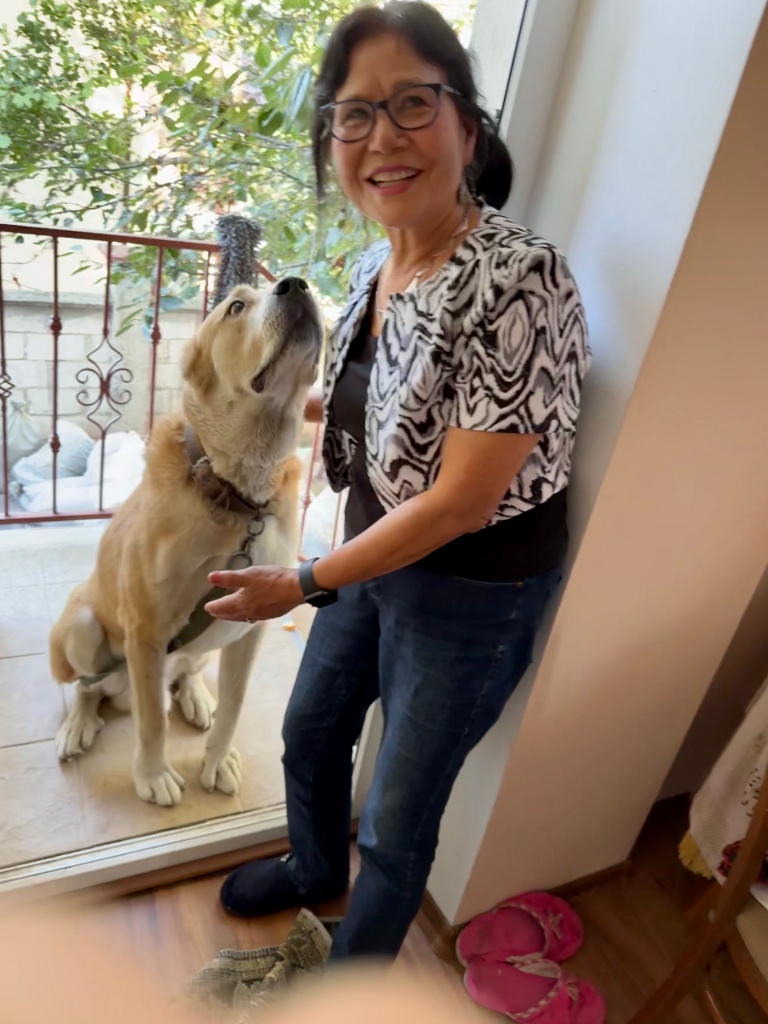It’s a phrase that may be familiar to older Americans wondering how long they’ll be able to maintain a busy lifestyle:
“While I’m still able.”
I realized recently that I’ve been saying it myself when running into old friends. They’ll say something like: “I follow you online and you sure do keep busy traveling and everything else.”
“Well,” I’ll respond, “I want to do it while I’m still able.”
When I said this again the other day, it made me think of Supermarket Sweep, the television show in which contestants race to fill their carts with as much as possible within a brief time. Grab the steaks! Get some lobsters! Don’t let time run out on you!
I thought: Is this what I’ve become — someone frantically filling their cart before the buzzer sounds?
I know it can look that way. During the past year, I’ve taken several big trips, which I’ve written about here. I volunteer with local nonprofits, serve on boards, write this blog and a newsletter, go to local events and spend time with family and friends.
This may all just add up to an “active retirement” but I wonder sometimes whether I’m trying to prove something, to myself above all. Maybe I’m compensating for the fact that I no longer have the title and recognition of a formal job. Indeed, when I return these days to the campus where I used to work, few people recognize me. They just see a random retired guy.
So maybe I’ve been filling up my schedule as a way to say: Hey, I’m still here. Or perhaps I’m overreacting to medical challenges I’ve had over the past couple of years, or to turning 70. My clock is ticking and I hear it even without hearing aids.
Whatever my motivations, I’ve been busy, perhaps too busy.
An older friend told me recently she’s been wrestling with the same issue. She said she’s finding it hard to juggle numerous volunteer roles with the informal help she provides to friends, family responsibilities, travel and everything else. She laughed that it’s hardly what she expected in “retirement.”
I have no regrets about my own “not exactly retired” life, which I’ve pursued since walking away from a busy job at the age of 62. I recognize how fortunate I’ve been to do this. But it’s never been a retirement in the sense of kicking back. Shortly after I began serving as a Peace Corps Volunteer in 2016, I wrote about my inability to ease up and move beyond the packed schedule of my previous life. I noted then how “I keep checking my cell phone for messages. I don’t go home until I’ve completed every item on my mental ‘to do’ list.”
I concluded that post by humorously vowing to pay closer attention when the Peace Corps staff told me again to be patient. “Really,” I promised, “I may even put a reminder in my electronic calendar.”

Now, seven years later, I remain just as persistent about making my days productive, whether it’s assisting a local community group or traveling to some foreign destination with Champa. I’m doing this mainly for myself but, at some level, I suppose I am also asserting my own relevance in a world that can make older people feel invisible.
In any case, I’m determined to make the most of this precious “not exactly retired” stage of my life when I no longer have the responsibilities of a formal job but am still able to contribute and thrive. All of these activities give my life meaning and I plan to keep doing them while I’m still … well, you know.

